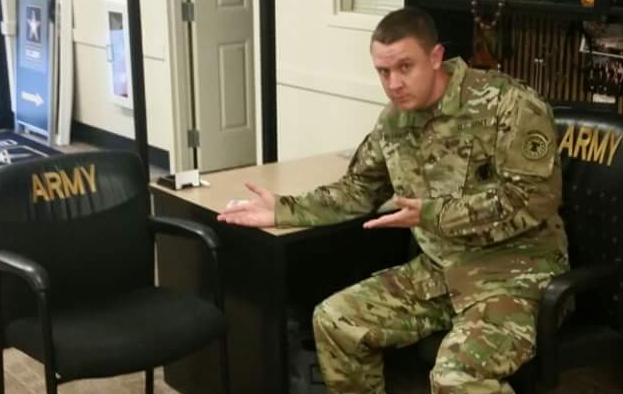- Reaction score
- 13,525
- Points
- 1,260
I’m hoping they offer pay to match what officer pay, if they’re looking for the same degreed candidate.

 taskandpurpose.com
taskandpurpose.com
As a result, the Army’s new goal is to have one-third of new recruits with degrees by 2028. The service also plans to raise its presence recruiting on college campuses.
To get there, Wormuth said the Army needs to do a better job of educating the public about its higher tech opportunities in areas like AI, electronic warfare and data science. People tend to think of the Army as infantry and armor, she said, “we’re all of that and more.”
…In fiscal 2022, the Army fell 25% short of its 60,000 recruitment goal.

Army wants one-third of future recruits to be college grads
The Army will create two new MOSs, including warrant officers, focused on recruiting to reverse two years of missed goals.


